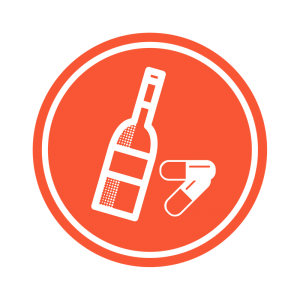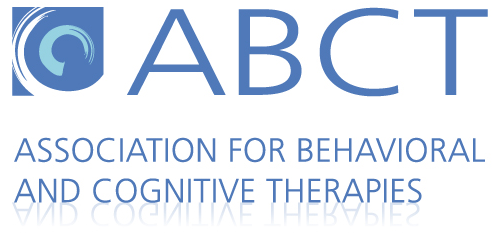Drug & Alcohol Abuse
Created on August 5, 2017. Last updated on March 6th, 2024 at 04:54 pm
Take me to the effective therapies for drug and alcohol abuse
Drug and alcohol use during adolescence is not uncommon and will usually begin during teen-years. But it could become a problem if a teen continues using drugs or alcohol even after facing a lot of issues as a result of using these substances.
Most adolescents will stop using drugs or alcohol before it becomes a bigger problem. Because of this, the number of adolescents who meet criteria for substance use disorder is relatively low (about 5 out of 100).
What is Substance Use Disorder?
Substance use disorder includes both substance abuse and dependence, which are issues in using alcohol or drugs. Signs of a substance use disorder include interference with school or a job and/or hurting family relationships and friendships. A child struggling with substance use disorder may show a sudden drop in grades, get in fights with family or friends, and/or experience injury, illness, or run-ins with the police related to substance use.
A young person with substance use disorder may also show signs of unhealthy or dangerous behaviors, including:
- Repeatedly using drugs in dangerous situations (i.e., driving under the influence)
- Focusing on using drugs or alcohol and discontinuing other activities
- Spending a lot of time buying, using, and recovering from the drug or alcohol effects
- Using more of the substance than planned or for longer periods of time
- Being unable to cut down or quit, despite repeated attempts to do so
Effective Therapies for Adolescents with Substance Use Disorder
Medical experience and research have shown that several therapies are effective in treating adolescents with substance use disorders. These therapies include:
- Cognitive behavioral therapy (CBT)
- CBT combined with motivational enhancement treatment (MET)
- Family-based ecological treatment
- A combination of all three treatments
The chart below includes more information on the various forms of evidence-based therapies for substance use disorder. These therapies have been tested and ranked by researchers and clinical child and adolescent psychologists based on the evidence that shows how effective they have been in the treatment of substance use disorder.
| Level One: Works Well |
|
| Level Two: Works |
|
| Level Three: Might Work |
|
| Level Four: Experimental |
|
| Level Five: Tested and Does Not Work |
|
To find out more about how these treatment levels are defined, click here.
Therapies and Terms Defined:
- CBT: cognitive behavioral therapy
- MET: motivational enhancement treatment
Source:
Hogue, A., Henderson, C.E., Becker, S.J., & Knight, D.K. (2018). Evidence base on outpatient behavioral treatments for adolescent substance use, 2014–2017: Outcomes, treatment delivery, and promising horizons. Journal of Clinical Child and Adolescent Psychology, 47(4), 499-526. https://doi.org/10.1080/15374416.2018.1466307








